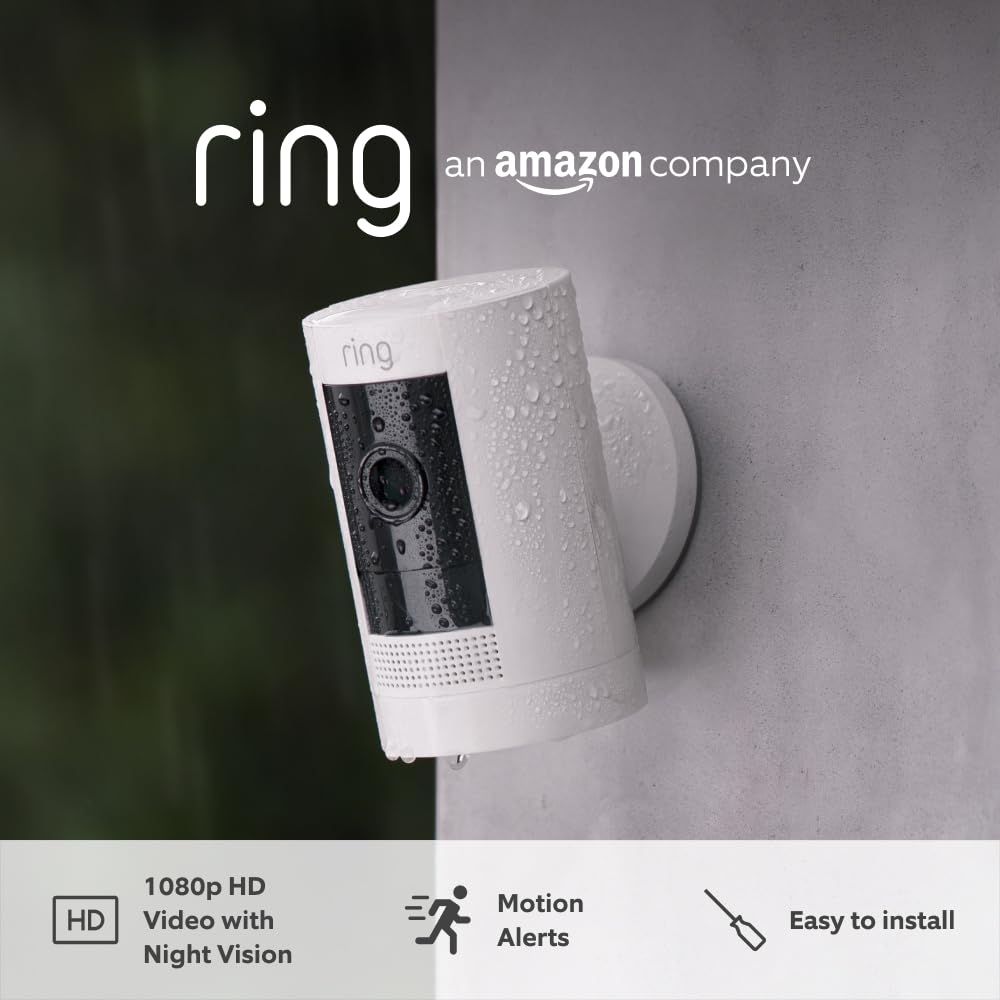Property management has come a long way from the days of stacks of paperwork and manual processes. Today, property managers can leverage sophisticated software to streamline their daily tasks and manage properties more efficiently. The integration of technology in this field has simplified complex processes, making it easier to handle everything from tenant communications to financial reporting.
Modern property management software offers a comprehensive suite of tools designed to make life easier for property managers and landlords. Think of it as having a personal assistant that never sleeps. From keeping track of lease agreements to sending automated reminders for rent payments, these systems take care of the nitty-gritty, so you can focus on the bigger picture.
As more and more property managers begin to see the advantages, property management software is rapidly becoming a must-have. It’s not just a luxury; it’s becoming part of the standard toolkit. This shift is driven by the demand for efficiency and the need to improve tenant relationships through better management practices.
So, why is property management software becoming indispensable? First off, it offers unmatched convenience. Think about handling tenant requests, tracking maintenance orders, and managing finances all from one centralized platform. This kind of simplification not only saves time but also reduces the chances of human error. Plus, with features like cloud storage, you can access your data from anywhere, anytime.
In essence, property management software revolutionizes how properties are managed, bridging the gap between traditional methods and the future of property management. It empowers property managers to operate more effectively, ensuring a more organized, productive, and ultimately more profitable business.
Features That Define Top-Notch Property Management Software
Great property management software is all about features that make your job easier. At the heart of it all is a centralized dashboard where you can monitor everything happening across your properties. Whether it’s lease renewals, maintenance requests, or payment statuses, having all this info in one place is a game changer.
Automated rent collection is another crucial feature. You’re not chasing down tenants for payments, and it sends reminders to those who need them. It frees up your time and ensures you get paid on time, every time. Plus, tenants appreciate the convenience of online payments.
Maintenance requests can be a real headache, but good software simplifies this. Tenants can submit requests through the system, and you or your maintenance team can track and prioritize these tasks effortlessly. It keeps everyone in the loop and ensures problems get sorted quickly.
Screening tenants? This software has got you covered. From background checks to credit history, you get a comprehensive view of prospective tenants. This makes it easier to choose the right tenants and avoid potential issues down the line.
The financial aspect can be daunting, but property management software usually includes robust financial reporting tools. These tools help you track income, expenses, and generate reports that are essential for tax season and overall financial health. No more guesswork—just clear, concise numbers that give you a snapshot of your fiscal status.
The Benefits of Using Property Management Software
The first big benefit? Time-saving. Managing properties involves juggling endless tasks, from coordinating maintenance to handling tenant queries. Property management software automates many of these processes, leaving you with more time to focus on strategic decisions and growing your business.
Cost-effectiveness is another major win. While the initial investment might seem high, the long-term savings are significant. Fewer errors, reduced late fees, and efficient management means better control over expenses. Plus, happy tenants are more likely to stay longer, reducing turnover costs.
Speaking of tenants, their satisfaction skyrockets when everything runs smoothly. Prompt responses to their requests, easy rent payment options, and clear communication channels make for a positive renting experience. Satisfied tenants are less likely to leave, ensuring you have consistent occupancy rates.
Administrative errors can cause significant headaches. Misplaced lease agreements or missed maintenance requests can lead to bigger issues. With all data stored and tracked digitally, the chances of losing important information or making costly mistakes drop dramatically.
Finally, the scalability of property management software is a huge plus. Whether you’re managing a single property or an extensive portfolio, the right software grows with you. It’s flexible enough to adapt to your expanding needs, making it a valuable long-term investment.
Choosing the Right Property Management Software for Your Needs
The right property management software isn’t a one-size-fits-all deal. You’ll need to start by understanding what exactly you require. Are you dealing with a handful of units or managing a vast real estate portfolio? Knowing your specific needs helps narrow down the options.
Once you have a clear idea of your requirements, start comparing different software solutions. Look at what each one offers and how it aligns with your needs. Pay attention to features like automated rent collection, tenant screening, and maintenance management.
Usability is huge. It doesn’t matter how many features an app has if it’s a nightmare to navigate. Prioritize software with an intuitive interface that’s easy to use. Also, make sure the software offers robust customer support and training resources. A good support team can make all the difference when you run into any issues.
Don’t forget about integration. You likely have existing systems in place for accounting, communications, or other tasks. Your new property management software should seamlessly integrate with these systems to create a unified workflow. There’s nothing worse than having to manually transfer data between incompatible programs.
Lastly, real user feedback can be a goldmine of information. Reading reviews and seeking out recommendations from other property managers can give you insights you won’t find in marketing materials. Learn from their experiences to make an informed choice.










